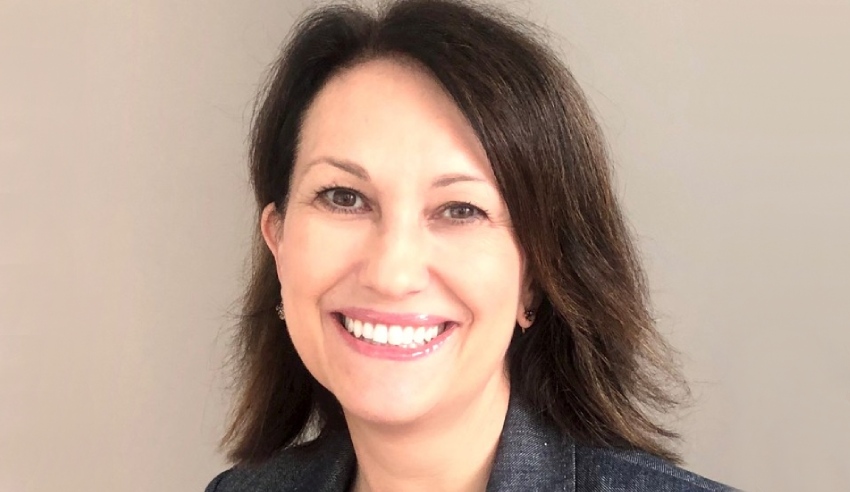While the market is becoming increasingly litigious, with new challenges and opportunities to contend with, being able to help clients in times of real need remains the one constant of such work, says one BigLaw partner.

In conversation with Lawyers Weekly, DLA Piper partner Tricia Hobson (pictured) – who recently joined the firm from fellow global practice Norton Rose Fulbright – reflected that she has been working in the class actions space for more than 17 years and she has “never seen such a dynamic environment” for such work.
Australia is definitely, she proclaimed, experiencing an “increasingly litigious culture”.
“That’s not surprising, given our litigious history and the advancement of the class action regime and funders, but also with the shift in society to a very active voice on consumer protections, and environmental and governance issues,” she explained.
“Whilst the surge in class actions over the last 10 years was driven substantially against companies for continuous disclosure breaches, there’s been a shift away more recently towards consumer based matters. We’ve also seen the big natural catastrophe cases like the Brisbane floods action which I acted in.
“Looking to the future, big cyber breaches, broader leadership and governance challenges, and climate change implications are just a few areas where we are likely to see a big upswing in litigation against companies and directors.”
Issues and challenges
In a market that is increasingly litigious, Ms Hobson feels that “there will be many challenges to face in the future” in terms of procedure, court attitudes and better equipped and aggressive opponents.
“I think the biggest challenge is helping clients stay ahead of the curve. I have worked with boards, management and their insurers on lessons learned from companies in their same industry that have been subject to a class action,” she surmised.
“It’s essential to keep on top of what the regulators are focusing on to help them take a look under their own hood. And of course, emerging risks are many and taking new forms: like cyber, climate change and even diversity and inclusion. Helping them understand and navigate these risks carefully is so important to avoid future actions.”
Privilege
Another issue that will “influence the future of litigation in Australia”, according to Herbert Smith Freehills partners Jason Betts and Christine Tran, is that the digital and social media ages are having serious implications for the volume and nature of documents needed to be disclosed in litigation.
In response to this, Ms Hobson said that such concerns are not unique to class actions.
“Aside from having to search for documents in more and more forums such as WhatsApp, Slack etc., the big issue is the causal way in which people use these platforms. The legal principles do not differentiate between platforms and it’s important for clients to remember this,” she outlined.
“Having protocols in place with the basics such as limiting who privileged communications are sent to and ensuring that steps are taken not to waive privilege etc. that apply across platforms is critical.”
There have been a few relevant cases on privilege over the last 12 or so months, Ms Hobson pointed out, including multi-addressee emails, WhatsApp messages, Slack communications, which will likely be considered as separate communications, she said.
“So, if an email or other communication seeking legal advice is sent to 10 recipients in a business and only one of the recipients is a lawyer, one of the recent cases has said that only the copy of the email that goes to the lawyer will be privileged unless the dominant purpose of the communication is to settle instructions to a lawyer,” she advised.
“If the dominant purpose is to obtain commercial views rather than legal advice, the communication will not be privileged. This is still an evolving area which may see many clients inadvertently caught out if they are not more aware and careful.”
Opportunities
Elsewhere, opportunities for clients should be sought holistically, Ms Hobson mused.
“At a fundamental level, it can be a sensible reform. I sit on the law committee of the AICD and they are doing great work in trying to bring permanent reform to the continuous disclosure laws to give greater certainty to companies and less fear of a class-action following each share price drop post a disclosure,” she said.
“Truly knowing and being involved in the class action ‘industry’ is also important. Knowing the funders, knowing the insurers, knowing your opponents, and having good working relationships with all, helps you navigate difficult situations to your clients’ benefit. It takes years to build up this experience and these relationships.”
Looking ahead
When asked what she is excited about in the class actions space moving forward, Ms Hobson said that she is motivated to get out of bed in the morning by the same idea that has always inspired her: being able to support clients in their time of need.
“Reputation is so often on the line in these cases and working with management and boards and their insurers to manage all interests and play an integral role to help them achieve a great outcome is very rewarding,” she said.
“Being in this trusted advisor role requires a career worth of experience to do really well. And although most matters settle, and most should, it is heartening to see some decisions coming through where defendants have had great wins. For a long time, this wasn’t the case.”

Jerome Doraisamy is the managing editor of professional services (including Lawyers Weekly, HR Leader, Accountants Daily, and Accounting Times). He is also the author of The Wellness Doctrines book series, an admitted solicitor in New South Wales, and a board director of the Minds Count Foundation.
You can email Jerome at: